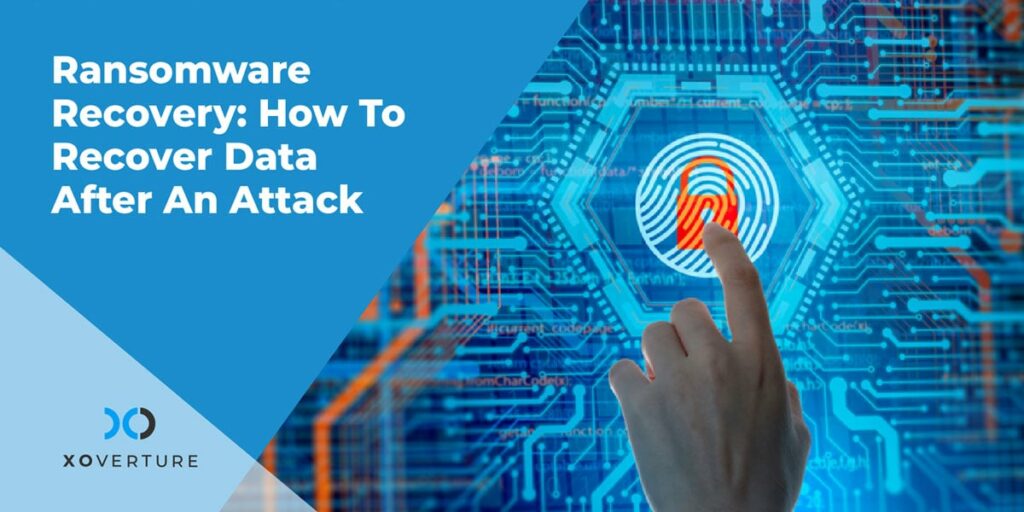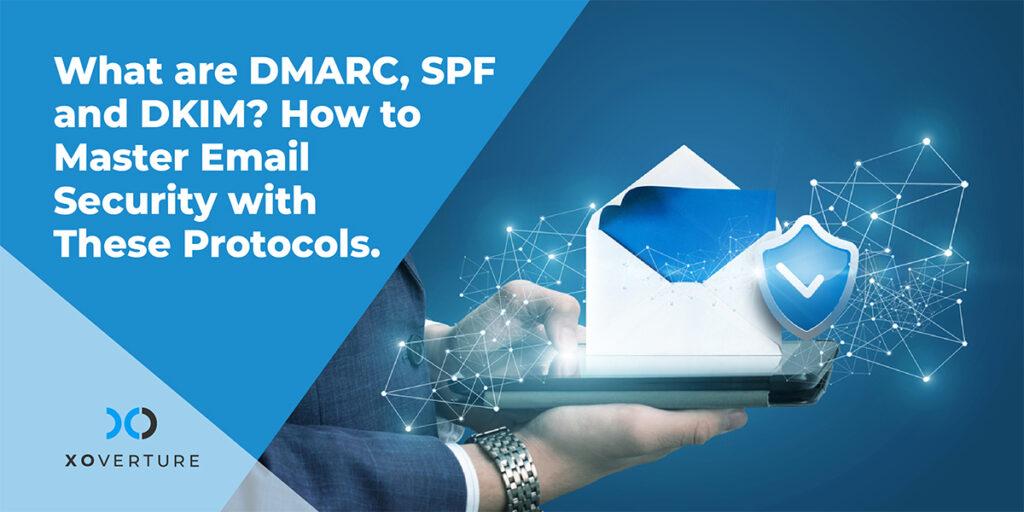Global pandemic hit us all in 2020 and since then we are all living in a changing world. Although most of us found it difficult to adjust to the world struck with the pandemic, it has been proved quite helpful to cybercriminals.
Hackers, scammers, phishers, and extortionists have their hands on pretty opportunities with the ongoing digitization of society, working from home, and the rapidly increasing online nature of our lives.
Cybercrime is expected to grow in the coming years. According to a Cisco report, it is estimated that there will be more than 28 billion networked devices around the world by 2024, which were recorded to be 18 billion in 2017.
In 2020, cybercrimes shifted to remote operations, when the world was adapting work from home models. Moreover, a report suggested that 20% of cybersecurity incidents occurred during the pandemic due to remote working.
Therefore, it is crucial for businesses and manufacturers to be aware of the never-ending avenues of cyber-attacks along with what can be done to alleviate the risks. Thus, let us go through the top data security tips for manufacturers in 2024.
Following these top data security tips will help manufacturers to improve their data security practices for the coming year and strengthen against cyber threats. For the malware ecosystem, 2021 was another landmark year, and learnings from the past year must apprise your strategy while stepping into the next.
Top Data Security Tips for Manufacturers This Year
Here are the vital and significant trends that help manufacturers to improve their data security:
Get a Professional Security Audit
Security audits are used by organizations to review and improve their security procedures and policies.
Professional security audits help organizations identify any potential gaps in security. The auditors gain a comprehensive view of your IT infrastructure, and easily identify edges and potential weaknesses with a detailed and listed view of the company’s network.
Keep data backups and test them regularly
The best solution to keep data secure from a ransomware outbreak is data backup. Ransomware is malignant software that can be deployed by just clicking on a malign link. All data on your networks can be taken hostage by clicking on any such link.
By implementing continuous backups, data can be protected. To create a copy of data on a server, businesses can use the cloud and hosts it in a remote location. This can help you restore your data if in case your system gets hacked.
Keep all your software updated
If you fall behind on updates for your business-critical applications you might get exposed, as exploiting or selling software bugs is a favorite tactic of hackers. This implies that once a system reached EOL (End of Life), it needs to be removed from the business’s technology stack at the earliest as it may generate an increased risk of being breached.
Secure your IoT/Smart Devices
The recent data suggests that the number of connected devices, i.e., IoT (internet of things) will grow significantly in the coming years. It cumulates to an increasing number of cybercriminals looking to gain access to secure digital systems.
Hackers get access over the networks, from phones to household appliances, or computers where valuable data could be stored, hence IoT has been known to be a specific threat. Any data security strategy must include a detailed assessment of every device connected or given access to the network to understand the exposures it may pose.
Make sure your WFH workers are secure
To safeguard the security of your homeworking workers, offer them security awareness training to ensure they have apt knowledge about data security and help prevent any sort of cyber-attack through phishing, social engineering, or any accidental data exposure.
Moreover, you can also enroll interested employees with cyber security certification courses, who can later help the rest of the workforce to manage and deploy security awareness training.
Businesses and manufacturers can also outsource their cybersecurity needs. Numerous specialist companies are offering managed services, consultants, phishing simulation exercises, and support training to staff in security awareness.
Have a security breach plan in place
A comprehensive security breach plan will make it easier for both the employer and employee to understand the nature of potential damages that may occur. It is the responsibility of the employer to be completely transparent with the employees when it comes to the scope of the breach plan. A good response plan can prevent adverse publicity and also limit lost efficiency.
The beginning of a breach plan should include an evaluation of what was lost and when. Whenever possible, try to find who is responsible. Any business or manufacturer can restore employee and public trust and can limit damages by taking swift and decisive action.
Recognizing phishing emails
Hackers are more advanced nowadays. They possess all the networks to help with attacks and all the resources to compose spotless emails in their target language. Moreover, they use the exact brand logo and even the mail address is almost the same as the company they are trying to get a hold of. Therefore, hackers today make fewer mistakes. Employees and users must read the emails carefully, for even evident and a simple grammatical issue may indicate that the sender is not upright.
Using tougher security questions, enabling multifactor authentication, and implementing strong password policy are some other data security tips for businesses to keep their data and business safe.




